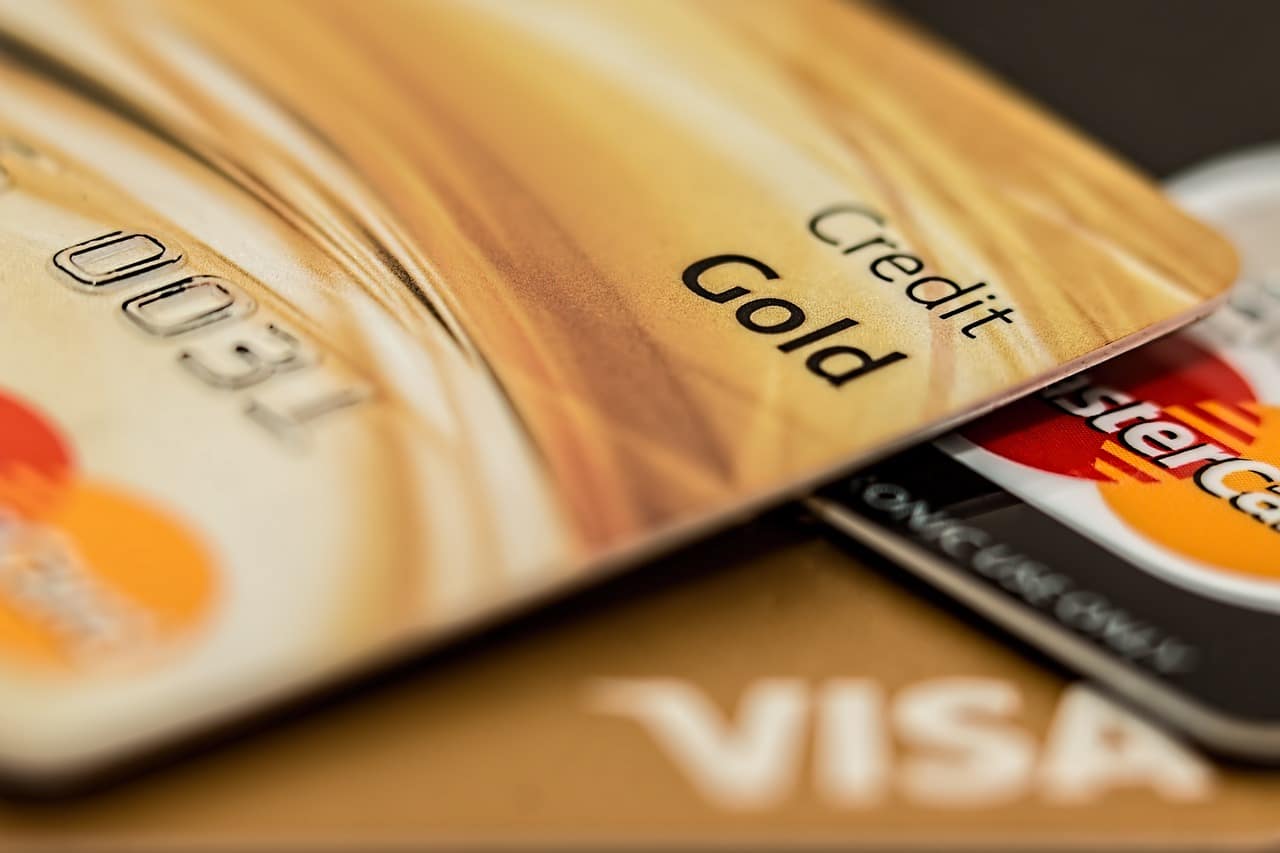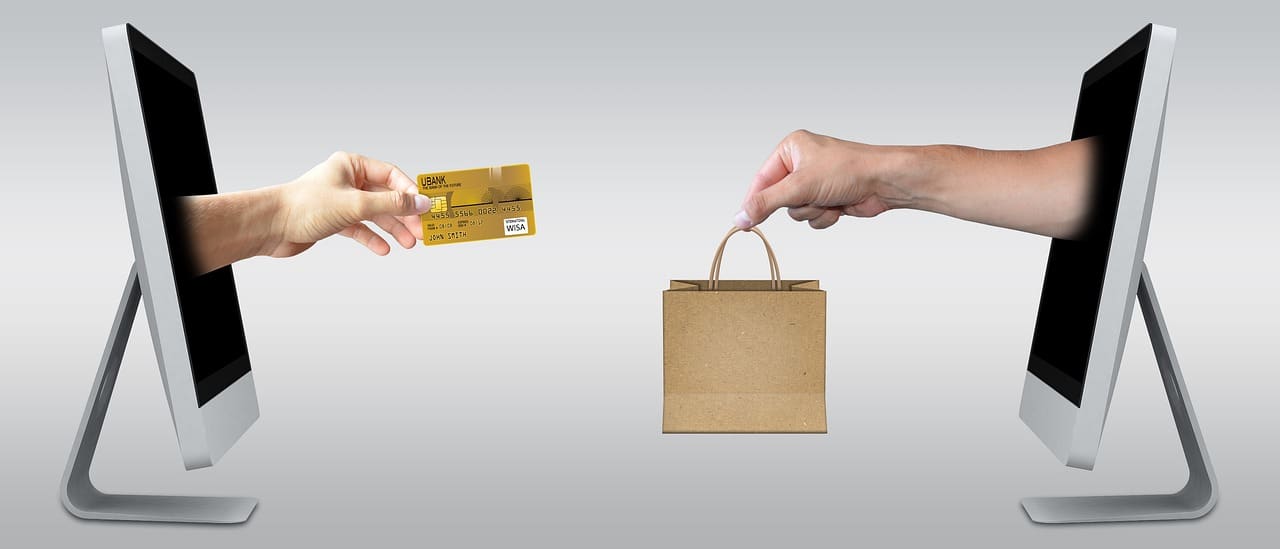
A credit card allows you to make a purchase and pay for it in the future.
A credit card is a numbered plastic rectangle that features a magnetic stripe or microchip and allows you to make purchases that are paid for in the future . To request a card of this type, it is necessary to go to a financial institution or banking entity , which will ask the interested party for a series of documents and guarantees to ensure that they are a solvent person and capable of meeting their potential payment obligations.
Depending on the case and the credit card issuing entity, among the requirements demanded of applicants are usually a stable employment situation with a minimum of months of permanence in the same position, a salary that exceeds a particular amount and a guarantor , that is, a person or company that can support them and ensure that they are trustworthy people.
Advantages of the credit card
The credit card, also known as plastic money , receives this name because it gives a person the possibility of making purchases without having cash (or metal), automatically contracting a debt with the issuing entity. Generally, every month a summary of all transactions made during the previous thirty days is sent to users, so they can make a single payment . It is important to note that there is the possibility of paying off the entire debt or making just a minimum payment ; In this case, the outstanding debt accumulates new interest , according to what is stipulated in the contract.
Another advantage that credit cards offer, and one of the most popular when it comes to making large expenses, is paying in installments (or in installments ). Many businesses, especially in certain countries, list the prices of their products with several options; For example, if a television costs 1,200 dollars, you can indicate the possibility of purchasing it in 3 installments of 425, or in 6 installments of 250, and so on.

With a credit card you can carry out electronic commerce operations.
Costs and security
The use of credit cards can have different costs: there are companies that charge interest for each purchase (if the user purchases products for 20 dollars, they are forced to pay 25 or 30 dollars, for example), while others impose commissions or fees monthly for the maintenance of the service.
With respect to security , in recent years various measures have been implemented to protect credit card users from identity theft and fraudulent purchases . One of them is the incorporation of a number or security code, which generally has three digits and is located on the back of the card; When making a purchase online or by phone, it is mandatory to indicate that number to ensure that you have the document in hand and that the data from another person's ticket has not been copied.
Different types of credit cards
Today, some of the most popular credit cards around the world are Visa (which generates annual sales of about $3 trillion), American Express , and MasterCard .
There is a variety of credit cards called " prepaid " or " prepaid ", which require that you deposit the amount of money you wish to spend prior to the purchase. It is important to clarify that they should not be confused with debit cards; In principle, certain transactions can only be carried out with a credit card, as is the case with the purchase of airline tickets in some companies, and not all people have the necessary requirements for their application, some of which are mentioned in the second paragraph. The prepaid card, then, allows you to make those purchases that do not accept debit cards.
